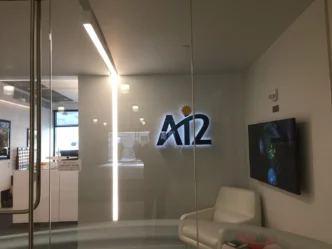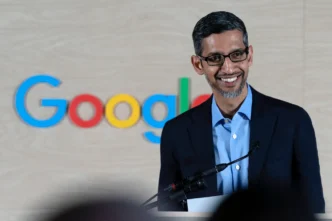Meta has officially launched its new stand-alone AI app, offering users access to its powerful Meta AI assistant outside of platforms like Facebook, Instagram, WhatsApp, and Messenger. The app, unveiled during Meta’s LlamaCon event on Tuesday, places the tech giant in direct competition with other AI players like OpenAI’s ChatGPT and Anthropic’s Claude.
This new move signals Meta’s intent to carve out a space in the growing market for personalized AI assistants, with a major advantage: Meta already knows who you are.
A Personalized AI Assistant Experience
Unlike its competitors, the Meta AI app can leverage the vast amount of information users have already shared on Facebook, Instagram, and other Meta platforms. This includes your profile, the types of content you interact with, and the social circles you engage with regularly.
Meta says the AI assistant can “[draw] on information you’ve already chosen to share on Meta products.” This deep integration means that the app can generate more personalized responses, helping users get answers and suggestions that feel more relevant to their lives.
Initially, these personalized features will only be available to users in the U.S. and Canada.
Meta also allows users to proactively share new information with the AI to improve future interactions. For instance, you could tell the assistant that you’re lactose intolerant, and it would remember this before suggesting a wine and cheese tasting for your next vacation. This memory function makes the assistant smarter and more helpful over time.
However, this level of personalization comes with concerns. Users should be mindful of how Meta might use the data they share. Meta’s core business model is built on targeted advertising, and the company has a long history of leveraging user data to power its ad ecosystem. How much of that information will feed into AI product development remains a key question.
Introducing the Discover Feed
Beyond the assistant itself, the Meta AI app features a new Discover feed, which encourages users to share creative interactions with their friends. In one example, a user asked Meta AI to describe them in three emojis and then shared the result with their social circle. While sharing is entirely optional, the feed aims to make AI usage more social and interactive.
The Discover feed may serve to amplify viral generative AI trends, similar to previous fads like turning selfies into Barbie dolls or Studio Ghibli characters. It reflects Meta’s continued push to make its AI offerings not just functional, but culturally engaging.
However, not all users are enthusiastic about every app adding social features. The mock-up has sparked reactions comparing the addition to unnecessary social feeds in other apps—like Venmo.
By releasing a dedicated Meta Stand-Alone AI app, the company is betting on its ability to differentiate through personalization. Meta’s unique advantage lies in the years of user data it has already collected, which it can use to fine-tune its AI assistant to better reflect user preferences, habits, and interests.
While ChatGPT and other competitors rely on limited user input, Meta already holds deep contextual knowledge of its users, allowing it to generate context-aware and nuanced responses.
Still, this level of access raises privacy concerns. Meta will need to navigate the fine line between offering helpful AI features and respecting user privacy and trust. As always, transparency around data collection, usage, and retention will be critical.











